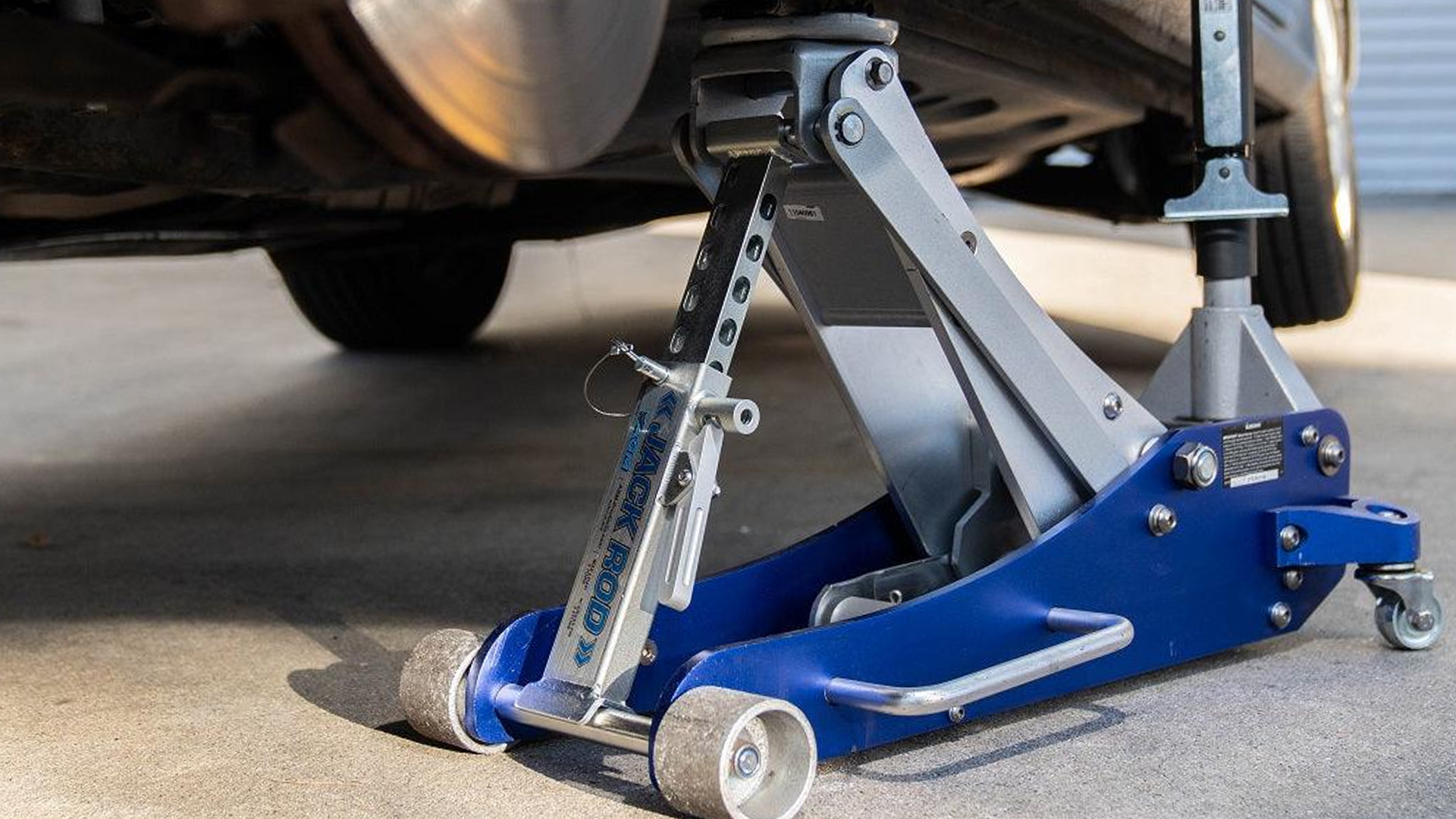How to tell if you have 'boreout' at work — and what to do about it
"Boreout" is when employees feel uninspired and detached in their roles. Careers experts explain how workers and managers can do something about it.
Getty Images
- We all know burnout, but you may have "boreout" — being uninspired and detached from work.
- A Wharton psychologist has said it was on the rise as hybrid work reduced in-person interaction.
- This is what managers and employees can do about it.
Every employee knows what it is to be burned out. But do you know if you have "boreout"?
The term describes feeling purposeless and disengaged because of a lack of meaning at work. It was coined by two Swiss business consultants in a book in the late 2000s, but it may be having its moment.
The Wharton psychologist Adam Grant told CNBC last month that "boreout" was on the rise thanks to remote work. That comes after Gallup warned in January that a combination of a bad job market and rising cost of living meant American workers were "sticking with their current employer while feeling more disconnected than ever."
Kelli Thompson, an executive coach and the author of "Closing the Confidence Gap," didn't know the term boreout when she was feeling "itchy" after 11 years in her banking job.
"I love this company. This is great. All my coworkers are great, but I just feel like I'm going through the motions," Thompson recalled thinking in an interview with Business Insider. "Ultimately, you just start to feel disengaged."
Boreout isn't necessarily anything to do with the company or the people you work with, Thompson added. You may just be "bored because you've mastered whatever it is you're doing," she said. Kelli Thompson
After her own bout of boreout, Thompson started running her own business and coaches people who are experiencing it.
Boreout can arise when people fear leaving a job in an employers' market.
But Thompson said she encouraged people not to think that quitting a job they were disconnected from was the only solution.
"Actually, it's like 'no, I can be grateful that I have a job and also advocate to my employer that we should be making sure that we are aligned in our work,'" she said.
Kacy Fleming is an organizational psychologist and founder of The Fuchsia Tent, a private membership group for professional midlife women. She told BI that while boreout isn't discussed as much as burnout, she believed it was more common.
Fleming said boreout can happen for various reasons. Sometimes, people tire of their days being the same when they have tasks that impose a rigid routine. Other times, people become more senior and are given responsibilities that don't interest them, she added.
Office v home
Fleming said burnout and boredom can occur when someone's work life is suddenly taken over by tasks that overshadow the reasons they got into a profession in the first place, such as spreadsheets over creative pursuits.
Whether you're working in the office or at home is also a factor.
Fleming said flexibility and autonomy in working arrangements were important for productivity, and removing them could be detrimental, especially if leaders don't clearly explain the reasoning.
"It's a symptom of employees being given what they wanted briefly and then having it taken away," she said, adding that the reasons for RTO mandates should be more than "because I said so."
Incentives to come to the office, like free lunches, aren't enough, Fleming said. "If we're not taking care of the needs that really underpin people's feelings of safety and significance, Taco Tuesday is a slap in the face," she said. Jessie Wyman
But Lisa Walker, a Chicago-based strategic business executive who leads DHR's global industrial practice, told BI that the kind of communication the office facilitates can help identify boreout.
When five days in the office was more common, workers garnered a lot from informal conversations there, but remote work makes it harder to recognize when someone isn't as responsive or detect shifts in their tone, she said.
Walker said that if someone who is usually open about bringing up any issues suddenly becomes silent, that could be a sign they've checked out. The same applies if those who've been eager to be part of new projects become withdrawn, she added.
Walker said managers of remote or hybrid workers should ask themselves, "Have you created that informal social network? And if so, when was the last time you talked to them? Are we creating those social networking bonds through real, face-to-face interactions, not just text?"
'1% closer'
Thompson said that the people she works with who suffer from boreout are often risk-averse, or those who advocate for other people, but not themselves.
She said she encouraged them to think about what they want their work life to look like a year from now, and how they can move "1% closer" to the big change they want in it. "I think sometimes where they get caught up is they think they have to make this big sweeping change overnight."
When Thompson quit her banking job after 11 years, she took a pay cut to become the HR lead for a tech company. She said the move instantly felt right, even on the hard days.
"It just felt so easy," she said. The challenges were "worth it because I'm actually doing work that I think is fun and enjoyable and exciting."
Thompson added that the opposite of boreout isn't never having a bad day: "It just means that the harder days are more tolerable."
Have a tip? Contact this reporter via email at ldodgson@businessinsider.com. Use a personal email address and a nonwork device; here's our guide to sharing information securely.










![From fast food worker to cybersecurity engineer with Tae'lur Alexis [Podcast #169]](https://cdn.hashnode.com/res/hashnode/image/upload/v1745242807605/8a6cf71c-144f-4c91-9532-62d7c92c0f65.png?#)






























































